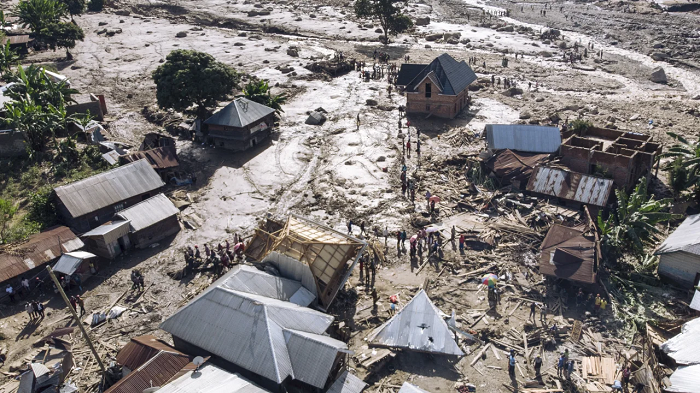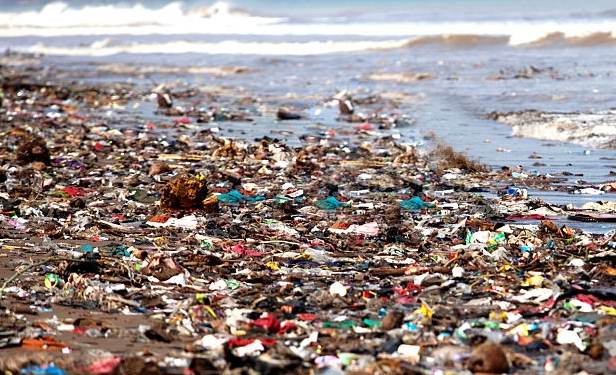The death from the floods that ravaged South Kivu province in the Democratic Republic of Congo over the weekend has reached 401.
The provincial governor of the eastern Democratic Republic of Congo Theo Kasi, on Monday, confirmed the tolls while briefing the press without providing further details.
Kasi said the flood had become one of the deadliest natural disasters in the country’s recent history.
More than 8,800 people have been affected by the floods in Congo, according to the Congolese Red Cross that said of the 274 people buried so far, 98 were women and 82 were children.
Local civil society sources said more bodies were being recovered on Monday, adding to the scores of others that were wrapped in bags and piled into mass graves over the weekend.
The villages of Bushushu and Nyamukubi in Kalehe territory, South Kivu province, were inundated on Thursday night after days of torrential rain triggered landslides and caused rivers to break their banks.
At least 176 people were reported dead on Friday as humanitarian workers dug through the remains of the flattened villages to recover mud-caked bodies from the debris with hundreds of people still missing.
A Civil society representative, Christian Bazibuhe said the flood is the worst ever witnessed.
According to her “It is the worst flood we have ever had, bodies were still floating on Lake Kivu.
“The central government in Kinshasa has not yet communicated a death toll. It has sent a delegation to Kalehe and declared Monday a day of national mourning,” she said.
The United Nations’ humanitarian agency OCHA said on Sunday that at least 270 deaths had been confirmed so far with more than 300 people still unaccounted for, while around 3,000 families have lost their homes.
According to United Nations climate experts warming temperatures due to climate change are increasing the intensity and frequency of Africa’s rains.
It said this can increase the destruction wrought by the floods and landslides that were already common in South Kivu.
Poor urban planning and weak infrastructure also make it more vulnerable to such events, it added.
By Dare Akogun





